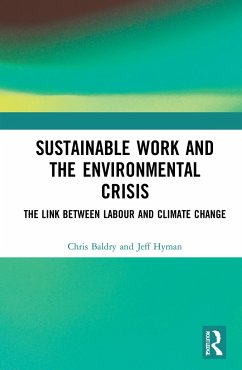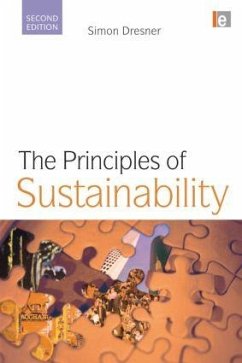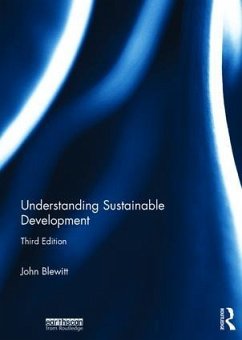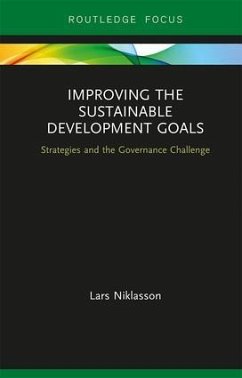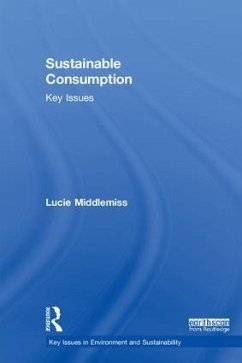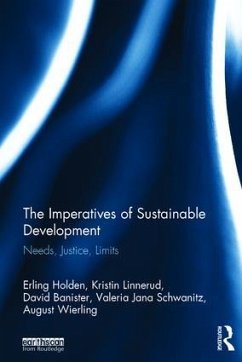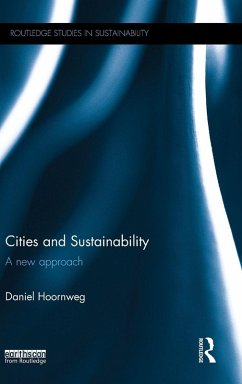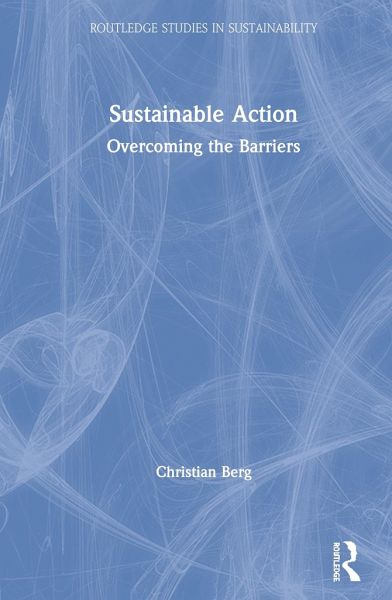
Sustainable Action
Overcoming the Barriers
Versandkostenfrei!
Versandfertig in 1-2 Wochen
168,99 €
inkl. MwSt.
Weitere Ausgaben:

PAYBACK Punkte
84 °P sammeln!
In this timely exploration of sustainable actions, Christian Berg unpacks the complexity in understanding the barriers we face in moving towards a sustainable future, providing solution perspectives for every level, from individuals to governments and supra-national organizations offering a lucid vision of a long-term and achievable goal for sustainability. While the 2030 Agenda has already set ambitious targets for humanity, it offers little guidance for concrete actions. Although much is already being done, progress seems slow and some actions aiming at sustainability may be counterproductiv...
In this timely exploration of sustainable actions, Christian Berg unpacks the complexity in understanding the barriers we face in moving towards a sustainable future, providing solution perspectives for every level, from individuals to governments and supra-national organizations offering a lucid vision of a long-term and achievable goal for sustainability. While the 2030 Agenda has already set ambitious targets for humanity, it offers little guidance for concrete actions. Although much is already being done, progress seems slow and some actions aiming at sustainability may be counterproductive. Different disciplines, societal actors, governmental departments and NGOs attribute the slow progress to a number of different causes, from the corruption of politicians to the wrong incentive structures. Sustainable Action surveys all the fields involved in sustainability to provide action principles which speak to actors of different kinds, not just those professionally mandated with such changes. It offers a road map to all those who might not constantly think about systems change but who are concerned and want to contribute to a sustainable future in a meaningful way. This book will be of great interest to students and scholars of sustainability issues, as well as those looking for a framework for how to change their systems at work to impact the quadruple bottom line: environment, economy, society, and future generations.




